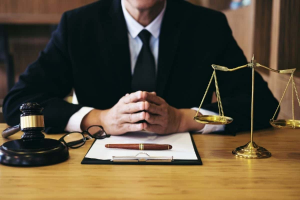
What Can You Seek Compensation for in a Case of Personal Injury?
Injuries are incredibly common in daily life, and they can happen in a variety of ways, so you’ll need the help of a personal injury lawyer st. petersburg fl or personal injury lawyer the bronx ny. A defective jet ski may ruin a fun family day at the lake. When trying to leave a restaurant, you risk falling on the wet floor. It’s possible that a drunk driver will hit you on the way home after a barbecue.
One of these mishaps can alter your life in an instant, no matter what else may occur. The law allows you to seek compensation if someone else causes your accident, acknowledging the seriousness and financial costs of such injuries. Filing an insurance claim or a personal injury lawsuit are two common ways to pursue financial restitution. With any option, you should get competent legal representation.
Who or what can you claim for in a personal injury case? Your personal injury lawyer greenville sc at Khan Injury Law will be able to assess your case and provide you with advice on how much compensation you should be seeking.
Restoration of Health After an Injury Caused by an Accident
In cases of personal damage, the premise of compensation revolves around the idea of “being made whole.” This means that you can sue the irresponsible party for financial recompense if you’ve been injured or lost something because of their carelessness.
Unfortunately, there is no way to undo past injuries, thus the law provides monetary compensation to victims instead. Only by receiving fair recompense for your injuries will you be able to put them behind you and go on with your life.
So, what exactly is negligence?
The phrase “negligence” refers to the legal criteria through which culpability in an accident is established. A personal injury plaintiff must show four things to prove negligence in order to prevail in a lawsuit.
The first requirement is that you can prove that the other party owed you a duty of care. That person or entity was required to treat you with reasonable care, such as by obeying traffic regulations to avoid injuring you.
Evidence of a failure to exercise reasonable care is the second necessary condition for liability to attach. That individual or group’s actions were negligent, as when they disregarded a traffic regulation. To fail to take necessary action is also a breach of duty.
A third factor is the presence of a causal relationship. It is your burden to show that the defendant’s breach of duty caused your injuries.


